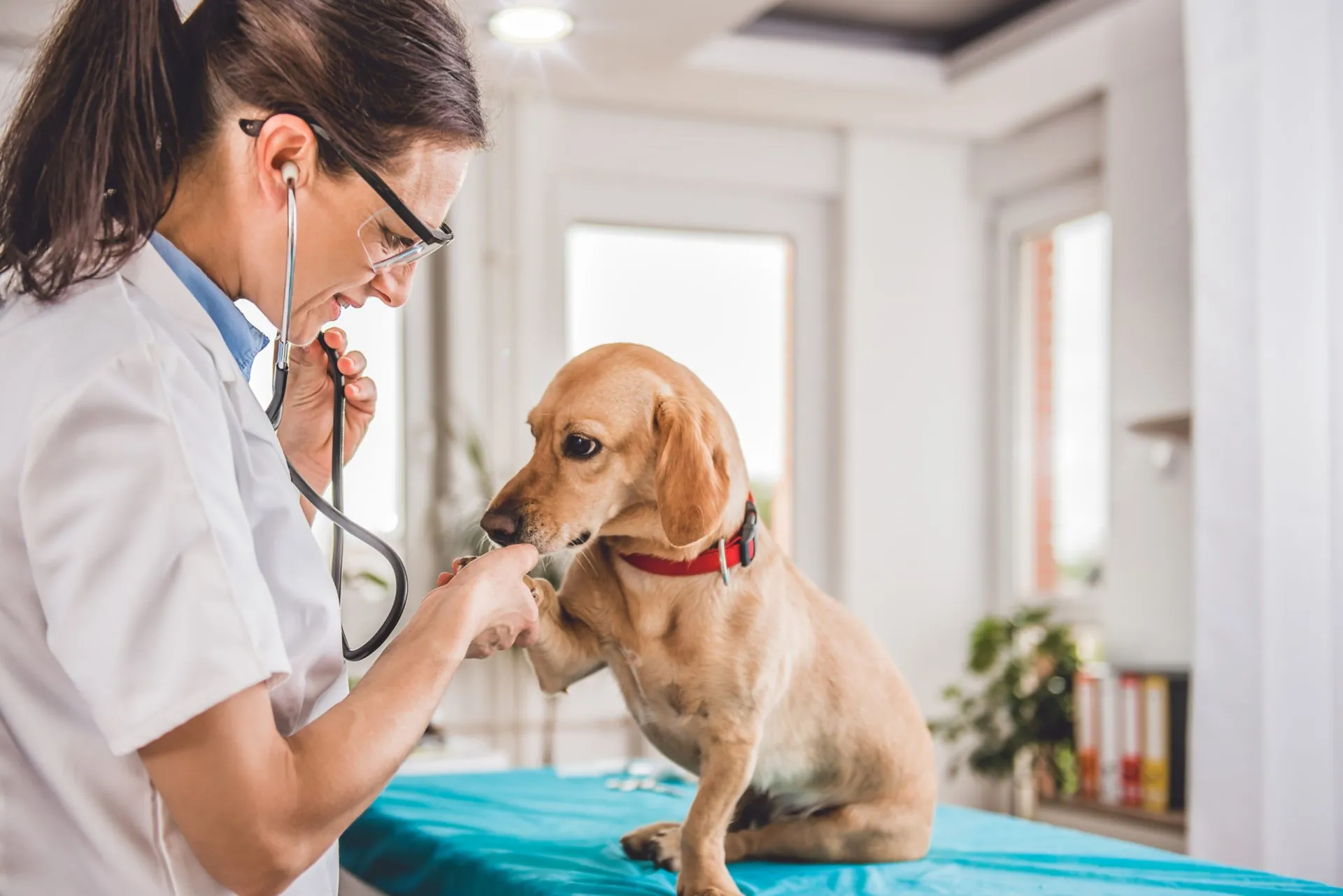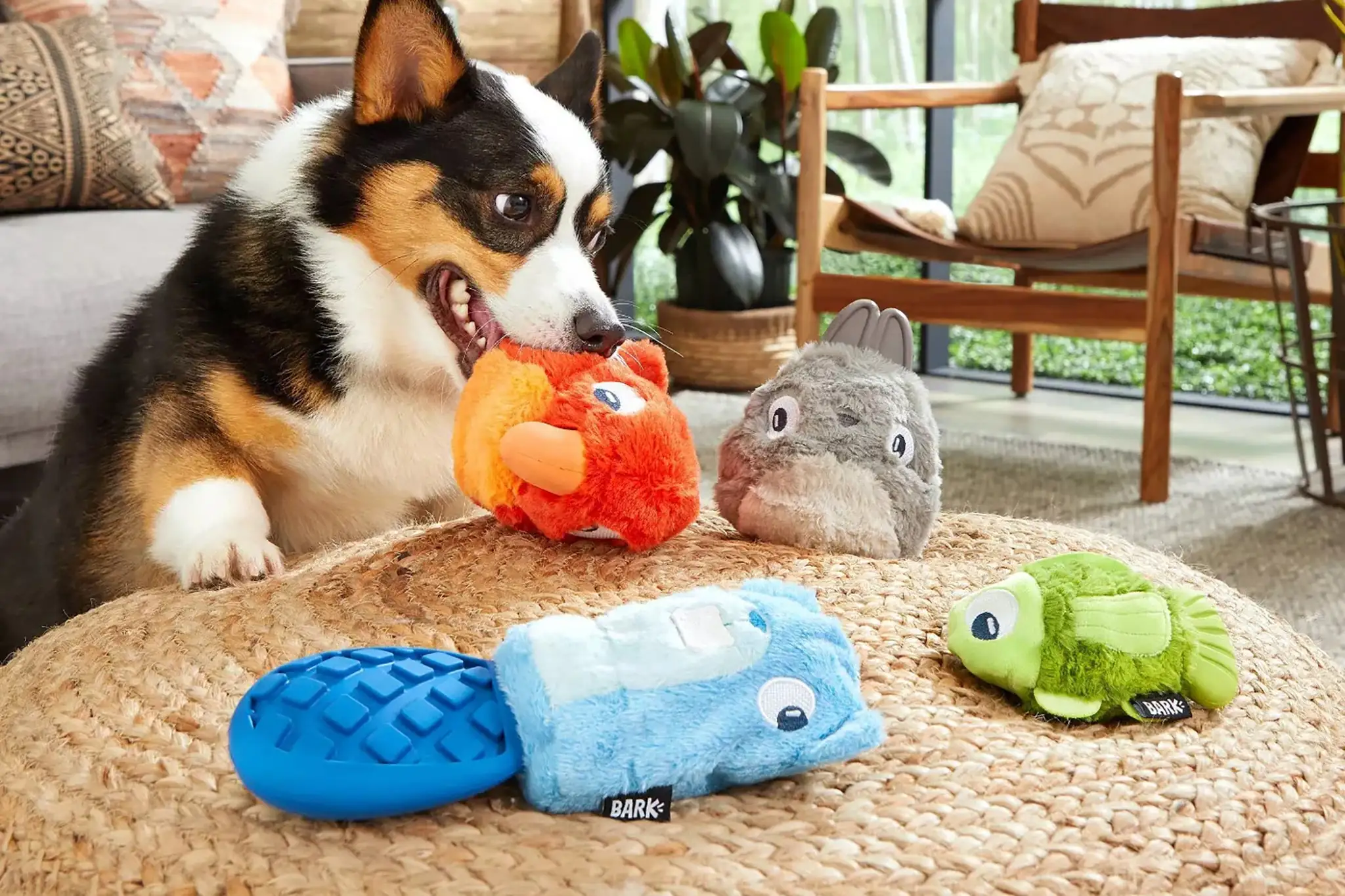No products in the cart.
Blog
4 Essential Caring Tips Every First-Time Pet Owner Should Know for a Healthy Pet
Bringing a pet into your home is an exciting journey, filled with joy and companionship. However, it also comes with responsibilities. Understanding the 4 Essential Caring Tips Every First-Time Pet Owner Should Know for a Healthy Pet is vital for ensuring your furry friend thrives in their new environment. These tips will help you cultivate a nurturing atmosphere and develop a strong bond with your pet while keeping them healthy and happy.
>See more: A girl who love dogs and donuts Hoodie

Understanding Your Pet’s Basic Needs
As a first-time pet owner, it’s crucial to comprehend the fundamental needs of your pet. Each species—be it a dog, cat, bird, or rabbit—has unique requirements for nutrition, social interaction, exercise, and mental stimulation.
Nutrition Matters
Providing the right diet is one of the most significant responsibilities of pet ownership. Pets require balanced diets to maintain their energy levels and overall health. Researching high-quality food options specifically formulated for your pet’s breed, age, and size is essential.
Consider consulting with a veterinarian to determine the best nutritional plan. A well-balanced diet should include proteins, carbohydrates, fats, vitamins, and minerals. Also, ensure that fresh water is always available for hydration.
Furthermore, be aware of any food allergies your pet may have. It’s wise to introduce new food gradually to monitor for adverse reactions. The goal is to create a consistent feeding schedule that aligns with your pet’s natural eating habits.
Regular Veterinary Care
Routine veterinary check-ups are a non-negotiable aspect of responsible pet ownership. Just like humans, pets need regular health assessments to catch potential issues early on. Vaccinations, heartworm treatments, and flea prevention should be part of your planning.
When visiting the vet, don’t hesitate to ask questions about your pet’s specific health needs, including dietary concerns and behavioral training. Consider establishing a good relationship with a local vet who can provide guidance tailored to your pet’s breed and habitat.

Social Interaction and Mental Stimulation
Pets thrive on social interaction, both with humans and other animals. Engaging your pet in family activities creates a sense of belonging, reducing anxiety and loneliness. Dogs, for example, love participating in outdoor adventures, while cats may appreciate interactive play at home.
Providing toys and puzzles can stimulate your pet’s mind, alleviating boredom which could lead to destructive behaviors. Rotate toys regularly to keep things fresh and interesting.
Creating a Safe and Comfortable Environment
A comfortable and secure living space is vital for a happy pet. From choosing the right bedding to establishing boundaries, there are numerous factors to consider when creating an ideal environment for your pet.

Choosing the Right Space
Your home should be a sanctuary for your pet. Identify areas where they can feel safe, away from noise or disturbances. Create designated spaces for sleeping, playing, and eating.
For dogs, consider using crates as safe spaces when you’re not around. This allows them to retreat and feel secure. For cats, consider vertical spaces such as shelves where they can climb and observe their environment.
Moreover, pet-proof your home by removing hazardous items, such as plants that may be toxic or small objects that can be swallowed. Ensuring safety will allow your pet to explore without risking harm.
Quality Resting Areas
Just like humans, pets need quality sleep to recharge. Invest in cozy beds that provide adequate support for their joints and body. The resting area should be located in a quiet part of the house where your pet can relax undisturbed.
Keep in mind that some pets prefer warmth, while others may prefer cooler environments. Monitor your pet’s behavior to tailor their resting area accordingly.
Establishing Boundaries
Setting rules and boundaries is essential in teaching your pet how to behave. Define areas in your home that are off-limits and consistently reinforce these boundaries.
Using positive reinforcement techniques, reward desired behaviors such as staying off the couch or using designated potty spots. Consistency is key in helping your pet understand what is acceptable and what isn’t.
Training and Behavior Management
Training your pet is a critical facet of pet ownership. It ensures a harmonious relationship and fosters good behavior, making life more enjoyable for both you and your pet.

Basic Obedience Training
Teaching your pet fundamental commands such as sit, stay, and come can significantly enhance your interaction. Start training early, as young pets are generally more adaptable and eager to please. Use treats as rewards to motivate them and make learning fun.
Consistency in commands is vital; use the same words and gestures each time to avoid confusion. Short, focused training sessions work best to keep your pet engaged without overwhelming them.
Addressing Behavioral Issues
Behavioral problems may arise, particularly in newly adopted pets adjusting to their new environment. Barking, chewing, or accidents indoors can indicate anxiety or stress.
Utilize patience and understanding when addressing these issues. Avoid harsh discipline, as it can exacerbate anxiety or fears. Instead, redirect undesirable behaviors and reward those that are positive.
If certain issues persist, consider seeking advice from a professional trainer or behaviorist who can provide personalized strategies.
Socialization Techniques
Adequate socialization is crucial, especially for puppies. Expose them to various people, environments, and other pets to help develop confidence and adaptability. Gradually introduce new experiences to prevent overwhelming your pet.
For adult pets, consider supervised playdates with other friendly animals to promote social skills. Remember, every pet is unique; some may be more social than others, so adjust your approach based on their personality.
Understanding Health and Wellness
Maintaining your pet’s health involves more than just regular vet visits. Being proactive about your pet’s wellness can greatly enhance their quality of life.

Regular Exercise
Physical activity is essential for your pet’s physical and mental well-being. Each type of pet has different exercise requirements; dogs usually need daily walks, while cats may benefit from engaging play sessions.
Create a routine that incorporates exercise into your daily life. For dogs, this might mean morning walks or playtime at a dog park. For cats, interactive toys can encourage movement and playfulness.
Keeping your pet active helps manage weight, supports cardiovascular health, and reduces anxiety-related behaviors.
Grooming and Hygiene
Regular grooming plays a pivotal role in your pet’s cleanliness and comfort. Brush your pet’s coat to reduce shedding and matting, and check their ears, teeth, and nails during grooming sessions.
Different breeds have varying grooming needs. Research the specific requirements to ensure you’re providing adequate care. Regular baths, nail trimming, and dental hygiene practices contribute to your pet’s overall health.
Awareness of Common Health Issues
Being aware of common health issues specific to your pet’s breed can help you identify potential problems early. Research and educate yourself about the signs of illness or distress.
Monitor your pet’s behavior and appetite closely, as changes can indicate underlying health problems. Timely intervention can make a significant difference in treatment outcomes.
FAQs
What are the basic supplies I need for my first pet?
Basic supplies typically include appropriate food, water bowls, a comfortable bed, toys, grooming tools, and a leash and collar for dogs. Make sure to research specific needs based on the type of pet you choose.
How often should I take my pet to the vet?
Initially, pets require regular check-ups—typically once a year for adult pets and more frequently for young ones due to vaccinations. Always consult your veterinarian for individual health care plans.
Can I train my pet myself, or do I need a professional?
While many pet owners successfully train their pets at home using books, videos, or online resources, professional trainers can offer valuable insight, especially for behavioral issues or specialized training.
How do I socialize my pet properly?
Start with gradual exposure to various environments, people, and other animals. Positive experiences create a foundation for good social skills. Always supervise interactions, and be patient as your pet adjusts.
What should I do if my pet exhibits harmful behaviors?
Address harmful behaviors with positive reinforcement, redirecting attention to appropriate actions. If issues persist, consult a professional trainer or animal behaviorist for tailored advice.
Conclusion
Owning a pet offers immense rewards, but it requires dedication and responsibility. By following these 4 Essential Caring Tips Every First-Time Pet Owner Should Know for a Healthy Pet, you can create a loving and healthy environment for your furry friend. Prioritize their basic needs, establish a safe and comfortable home, invest time in training, and be proactive about their health and wellness. With love and care, you will build a lifelong bond while ensuring your pet flourishes under your guidance.


